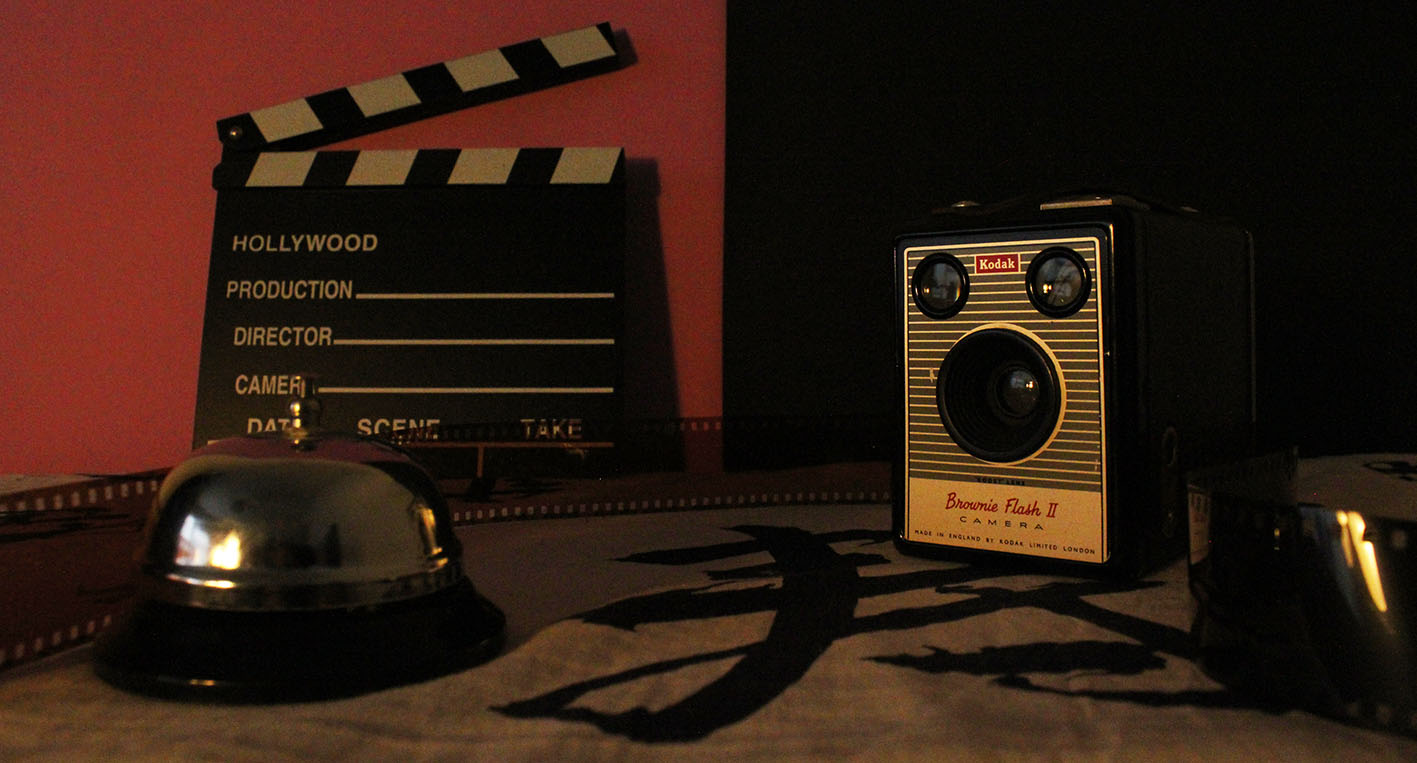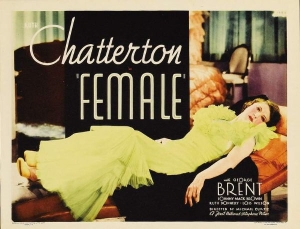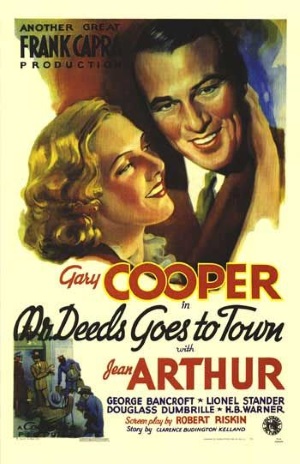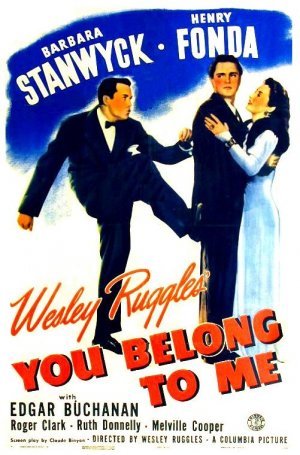Man, I Feel Like a Woman!
***This Review Contains Spoilers***
Majority of reviews I have read for Female express disappoint for the film’s apparent cop-out conservative ending. A female CEO of an automobile company hands the business over to her soon to be husband and proclaims she wants to have nine children. I won’t lie though; I would have had the same reaction if I had seen Female at a younger age. I’m actually very happy that I first watched this movie when I did during a time when I became familiar with the works from the likes of Jordan Peterson and was around the time of James Damore’s Google Memo. News Flash; there are biological and psychological differences between men and women and as a result, the two make different life choices and exceed in different fields while finder others more difficult. Women are less career orientated than men and don’t push as hard for positions of power and therefore are less likely to become CEOs. The automobile industry itself had its first female CEO in 2014 but you can only attribute this to discrimination for so many years after women’s liberation. Regardless of the writer’s intention in Female, it was refreshing to see a film which portrays such an honest depiction of the differences between men and women, not to mention one made before the science on the subject became definitive. Like in Queen Christina from the same year, Female shows how positions of power require a sacrifice of feminine virtues.
Allison Drake (played by the radiant and sadly forgotten Ruth Chatterton) is an iron lady who lost her girlish illusions when forced to take on her father’s business. She is a playgirl who seduces employees from her factory when bringing them to her house for so-called “business”. It’s odd hearing about how films of the pre-code era outraged groups such as Christians when films such as in the example of Female don’t paint a sexually promiscuous lifestyle as one that leads to much happiness. Allison’s gigolos (on top of not being very interesting) are mere yes-men who bow to her every whim; cucks as modern internet slang would refer to them as. Alison desires to be liked for bring herself and not as the president of a motor company. As she says early in the film, “Oh I see lots of men, but I’ve never found a real one”. In Queen Christina fashion she goes downtown under the guise of a commoner and meets the no-nonsense Jim Throne (George Brent).
Following their time together Allison comes across Jim again when he just so happens to coincidently start working for her company. After learning of Allison’s true identity he is invited back to her place for “business” but doesn’t fall for any of her seduction techniques; Throne is a man who is above that and has no desire to become a gigolo. With Allison’s new found desire for a domineering man she asks her father figure of sorts Pettigrew what kind of women men like Jim Throne desire; why women who are “gentle and feminine”. He’s not wrong, is he? What follows is a picnic scene in which Allison humorously tries too hard to be gentle and feminine. At the end of the day, Allison Drake is a woman making her own choice of what she wants to do in pursuit of her own happiness, what could be more liberating? In what would be a fantasy for 1933, no systemic force is keeping her down nor is she browbeaten by anyone to leave her position as CEO. It’s entirely her own choice, one of the virtues afforded to anyone living in a free society. This makes Female a fascinating watch, not only through the context of when it was made but even more so through a modern context.
Female is yet another example of those 60 minute long pre-code films which go by very fast and pack a lot into them. It is a movie of three directors but doesn’t feel like an odd stitch-up of a film; what shots evoke William Wellman and which evoke Michael Curtiz? The film is full of unforgettable art deco sets and eye-watering cinematography not to mention the Ennis House which is used for Allison’s mansion. As Joe Gillis puts it: “I was a great, big white elephant of a place. The kind crazy movie people built in the crazy 20’s”.



